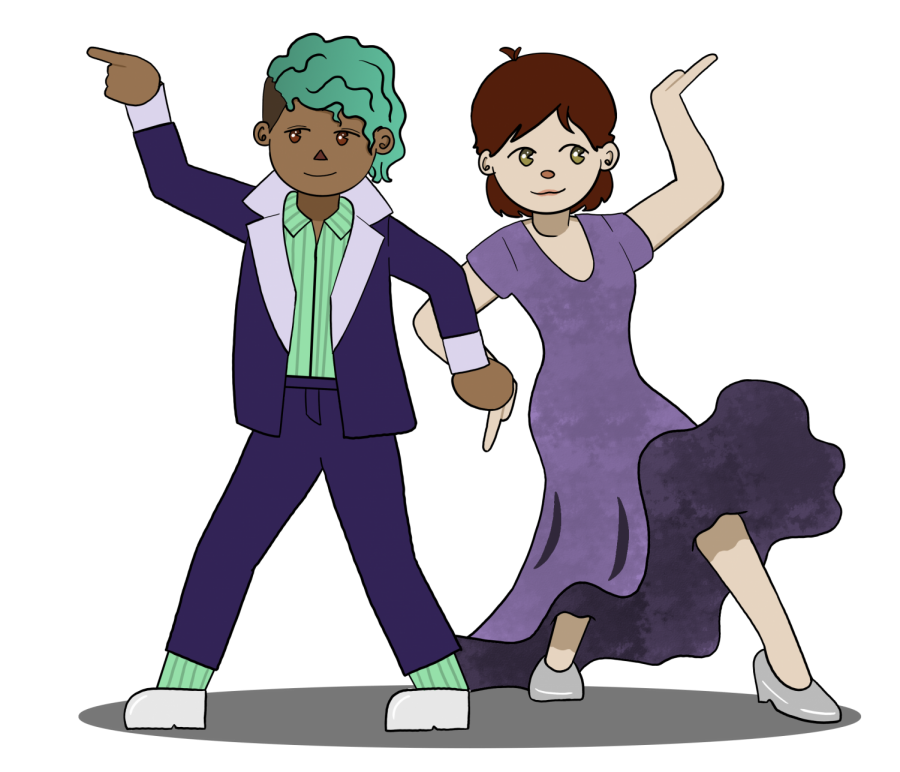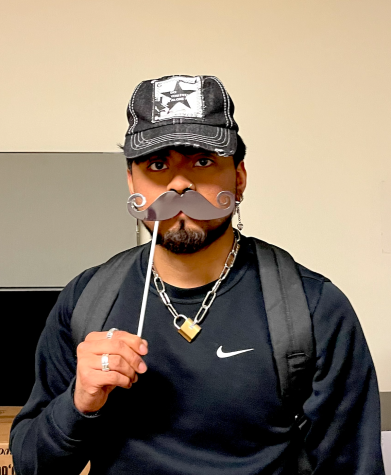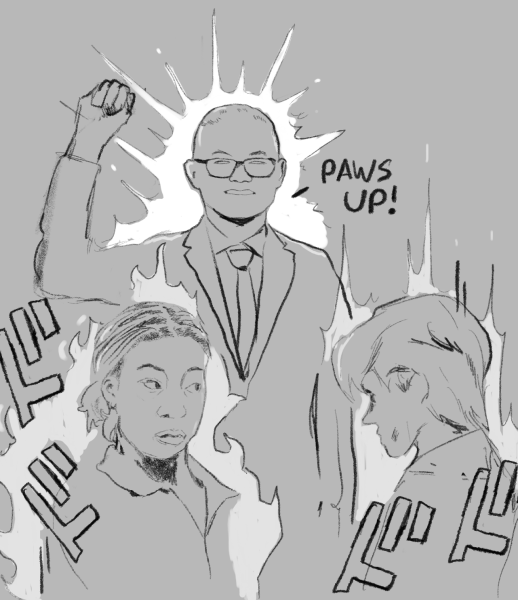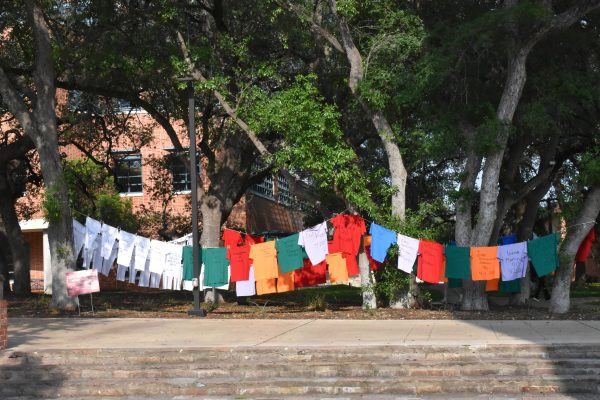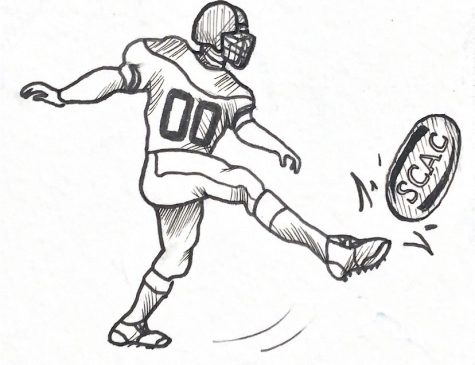Dance class registration promotes greater inclusivity of transgender and nonbinary students
Registrants may now enroll as a leader or follower rather than a man or woman
Some surnames in this article are undisclosed to protect the privacy of the students.
Several dance classes at Trinity University have required students to register for sections within the gender binary: men in one section, women in the other. This registration process caused discomfort for transgender and nonbinary students who wanted to enroll in these classes, so Trinity’s transgender/nonbinary student support group set out to change this issue.
Their concerns were brought to Michael Soto, associate vice president for Academic Affairs.
“When I learned that students were concerned about registration for dance classes along strict binary gender lines, I instantly recognized that that doesn’t fit the values of intentional inclusion that Trinity tries to live by,” Soto said. “I soon thereafter went to the University Registrar to bring the concerns to him.”
He continued, “After having consulted with the director of Athletics, Bob King, and with the coach who puts together the physical education course schedule, they’re in agreement we need to do the right thing. So, starting next month for pre-registration for fall classes, there will no longer be a gender-exclusive registration process.”
This change is a step toward greater inclusivity for LGBTQ+ students at Trinity, as the original registration process left some feeling uncomfortable in a class they were taking to fill the physical education requirement — uncomfortable enough to even want to drop the class.
“I saw that the stuff that was going on was uncomfortable on some of the other students, and I felt a similar way. Eventually, I was kinda like ‘I need to drop the class cause I feel uncomfortable,’” said Raf, senior, who brought up the issue to the transgender/nonbinary student support group. “So, I went to [Richard] Reams and the trans/nonbinary group, and they gave me some really good advice, and also sort of echoed those experiences, and that was really helpful, which then, I think, prompted Dr. Reams to get in contact with Dr. Soto and get things to change, which I’m really happy about.”
Dance class registration was previously set up with male and female sections in order to have a count for the number of leaders and followers in the class.
“As far as partnership dances, I do have to have an accurate count as far as how many leaders and followers I have in the class, so that everyone is able to have a partner,” said Jeremy Zipagan, who teaches partner dance classes at Trinity. “That’s pretty much been the biggest difference that they’ve brought to my attention as far as preparing for the upcoming semesters.”
Registration wasn’t the only thing students took issue with. The structure of the classes, too, caused problems for LGBTQ+ students.
Senior Juniper said, “We were always kind of uncomfortable with how gendered the dance class was, but it was a thing where we would just look at each other and just kind of express our discomfort with it to each other, but we didn’t really stand up and say anything. I think just because we just kind of accepted it that it’s been this way for a while. And especially, friends in the past who have taken it, they told me before those ‘Hey, just so you know, it’s super, super gendered, so he’s gonna constantly refer to you guys as ladies and gentlemen and everything’s segregated gender-wise,’ essentially.”
Soto echoed these concerns, noting that the athletics administration “agreed that we need to go beyond” changing the registration system, and “make sure that instruction in dance classes is happening in the most inclusive way possible.” Moving forward, instructors are finding new ways to make all students feel welcome in these classes.
“It is one of very many steps that need to be taken, some much more challenging than this one, to increase inclusivity, which includes for so many, not only at the university, but in the culture generally, to be able to realize that gender isn’t a binary,” said Reams, co-facilitator of the transgender/nonbinary student support group and associate director of Counseling Services.
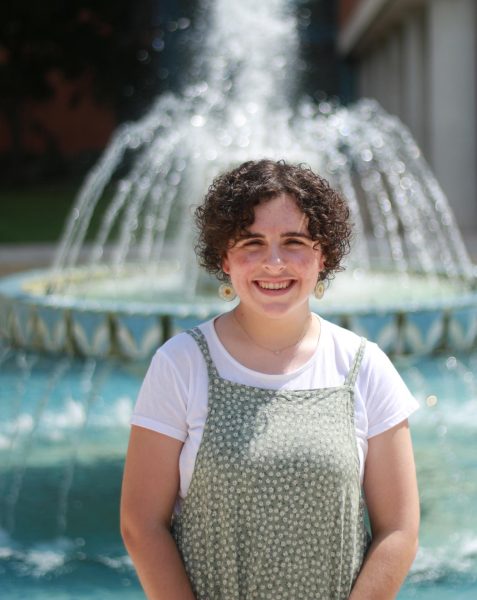
Hello! My name is Sarah, and I'm a senior from Nashville, TN majoring in communication and Spanish with a minor in history. I've been with the Trinitonian...
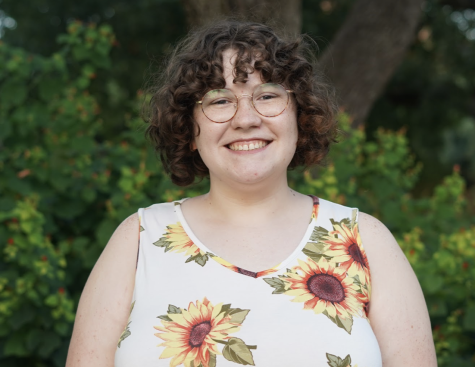
I'm a senior Computer Science major and a Classical Studies minor from Newton, North Carolina with a passion for art. I also work at the Center for Experiential...

